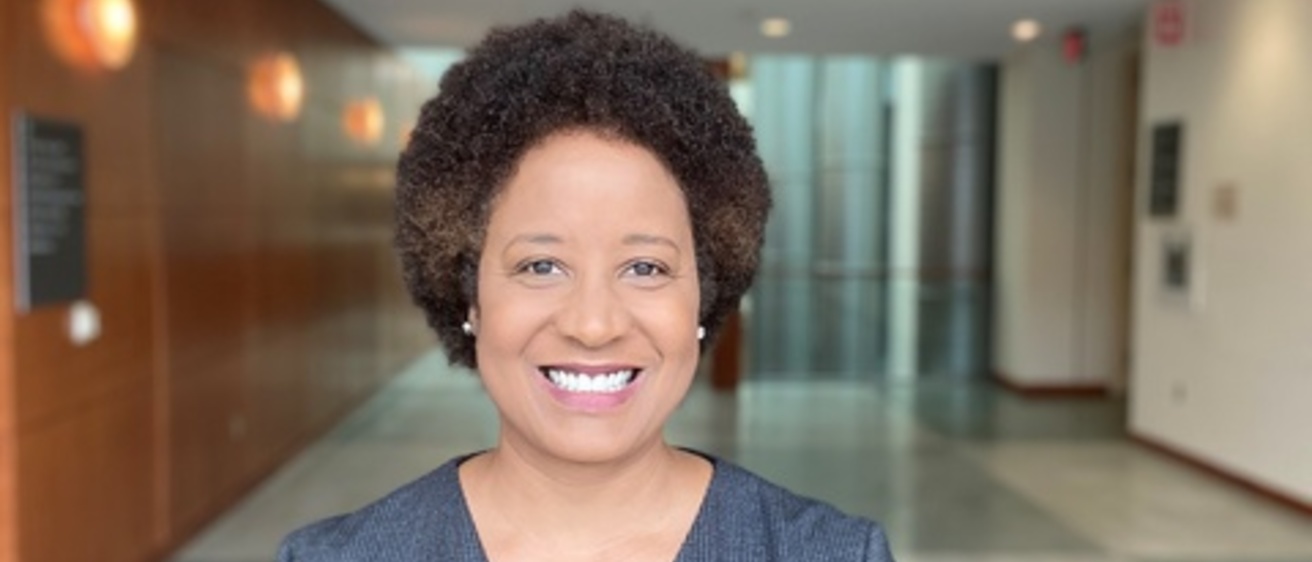Dear CoE Community:
Without a doubt, my first 100 days as dean of the College of Engineering have proven to be enlightening, stimulating, and challenging. As I have said before, I did not expect my time as dean to begin this way when I accepted this position, but I am heartened at the adaptability and resilience of our faculty, staff, and students. Despite circumstances we could never have expected and the uncertainties we face going forward, I am proud of what we have collectively accomplished in this time and am excited about what the future holds.
The fall semester is well underway after a summer of preparation, plans, and adjustments. The engineering problem-solving spirit has been in high gear. I want to extend my gratitude to our Engineering Student Success Team, headed by Associate Dean Grosland, our Engineering Technology Center, headed by Matt McLaughlin, and to all of our DEOs for their relentless efforts in undergirding our academic infrastructure for this season. Anecdotally, we have heard that students and faculty are finding benefits in terms of resilience and experience with new teaching technologies. We appreciate the support of the Carver Trust for funding use-at-home lab kits that students can check out at no cost to them. With such kits and redesigning of lab-based courses, students are able to do physical labs at home visited virtually by instructors.
Technology has allowed us to stay connected even when we cannot be together in the same space. I have truly enjoyed the Zoom listening sessions I have had with many of you as well as sessions to connect with alumni, donors, and stakeholders who might not have otherwise come to campus. I am hopeful that we will not need to rely on video technologies for too long, but while we must, I am grateful that we can get together—formally and informally—to see and hear each other.
I’ve learned that our students are committed as leaders in student government and professional societies. They see the value of being able to work with committed and responsive faculty, knowing and working collaboratively with their classmates, and having easy access to supportive staff and resources such as the engineering computer labs, Lichtenberger Engineering Library, and Hanson Center for Technical Communication.
I have appreciated the time that faculty members have taken to share their research with me. Our researchers are using machine learning to predict cancer risk and analyze images, creating new approaches to diagnose and treat lung disease, and deploying EEG technology to detect Parkinson’s disease, all pointing to numerous opportunities around engineering for better health. Research centers have continued to foster large-scale collaborations on driving simulation, flood prevention, female body armor, and persistent organic pollutants. New federal awards have launched projects related to the pandemic response including developing new COVID-19 testing technologies, studying the cognitive work of triage nurses, and developing new PPE materials for capturing and killing pathogens as well as several other projects awarded NSF RAPID grants. We will continue to strengthen the richness of our research mission and commitment to graduate education.
This is a unique moment in history wherein there have been sharpened calls to shed light on systemic inequity and support social justice. Our college’s efforts in the areas of diversity, equity, and inclusion have focused on creating resources, hearing voices, and, in some cases, having difficult conversations. Within our departments, each has an active DEI committee, and DEOs will work with faculty and staff to support their efforts toward strategic plan elements on this goal. The work of the DEI Council continues, and I am committed to working with them to enhance the experience of faculty, staff, and students. It is only when we recognize that we must do more to address inequities and acknowledge our biases that we can move forward as a college community.
The college leadership, the Engineering Administrative Council (EAC), has met weekly since I began my term. We have focused extensively on faculty development, research administration, graduate student programs, and budget and indirect cost recoveries structure. Recognizing the continued discussions needed on these matters and a desire to broaden that discussion, I expanded EAC to include additional center directors, the chair of ESAC, the co-chair of the DEI Council, and our executive director of development. We will continue our critical discussions of and planning for collegiate priorities, budgeting, and strategic initiatives. We have also begun sharing the minutes of these meetings with departmental and center administrators.
The work of our leadership team is best done with participation and input from our stakeholders. I want to keep lines of communication open and hear from stakeholders and leaders from across the college. To that point, I will be continuing my small group listening sessions throughout the fall. Please know that I value your input and truly appreciate that each and every one of you is committed to the future of this college.
As we move further through the fall semester, I am looking forward to upcoming college events such as our Research Open House and our COE Distinguished Speaker Series which will feature NAE members in the inaugural and subsequent sessions. I have met with our members of our Engineering Advisory Board (EAB) and am excited about our upcoming meeting. Among the many activities of the EAB are renewed efforts focused on enhancing industry partnerships and opportunities. We will also be adding a new director of development to join Matt Kuster’s team and expanding our advancement efforts.
We have an important role in telling the story of and advocating for how engineering transforms lives. I love what this college stands for with its mission to build an inclusive, diverse, and responsible community that is continually seeking creative solutions to elevate humanity. I know that our future is bright. We will determine that future together and come out stronger through our collective efforts.
Kind regards,
Harriet B. Nembhard
Dean, College of Engineering
Roy J. Carver Professor of Engineering
